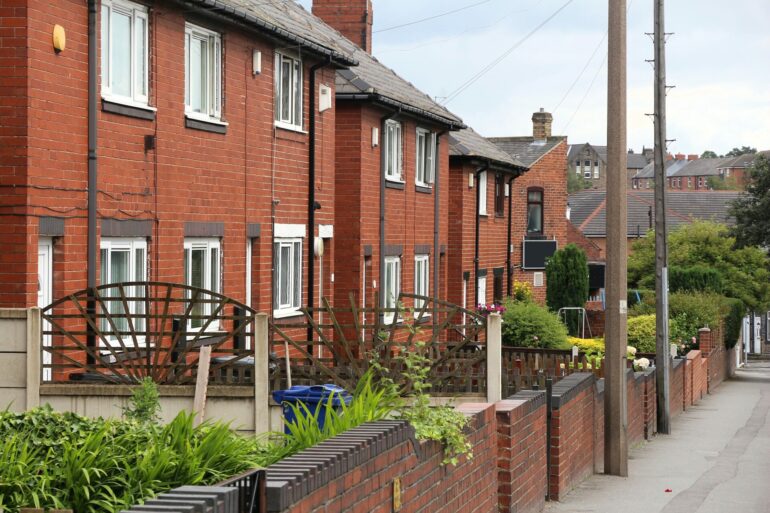The ‘Bank of Family’ is anticipated to fund a record-breaking 318,400 property transactions this year, according to the latest data from Legal & General and the Centre for Economics and Business Research (Cebr). This trend exposes the ongoing challenges of housing affordability in the UK, particularly for those without familial financial support.
Since 2016, Legal & General has been tracking family lending in the UK housing market, initially under the term ‘Bank of Mum and Dad’. This year, the term has been updated to the ‘Bank of Family’, better reflecting the broader contributions from diverse family structures. The number of homes purchased with family aid has skyrocketed since the company started this tracking, especially after the slump caused by the Covid-19 pandemic.
The Bank of Family is expected to lend a staggering £8.1bn in 2023, an increase of 50% since 2020. Family contributions account for 47% of all homes purchased by buyers under 55, and the average financial gift from family members is predicted to reach £25,600 this year. These sizable contributions are set to push the total value of properties bought with family aid to an estimated £124.6bn.
By 2025, familial contributions are projected to increase further to £10bn, supporting around 357,200 property transactions per annum. This reliance on family wealth effectively marginalises aspiring homebuyers without access to similar support. Legal & General’s study revealed that more than one in five prospective buyers would delay their purchase by over five years without family assistance.
Notably, the impact of family financial aid is highly regional. In London, 67% of all homeowners received familial support, with an average gift of £30,200. In stark contrast, those in the East and West Midlands received the least financial help, averaging £20,000 and £19,800, respectively.
Bernie Hickman, CEO of Legal & General Retail, said: “Family wealth is increasingly becoming a prerequisite for homeownership, effectively locking some groups out of the housing market while others prosper. A housing system reliant on gifted deposits perpetuates not just present-day inequality but could have ramifications for older generations who may be compromising their own financial security.”
Legal & General’s research also touched upon indirect financial support, such as housing adult children to help them save for a deposit. While such support may appear benign, it further widens the gap between those with access to family wealth and those without.
As the UK grapples with a cost-of-living crisis exacerbated by the ongoing effects of the pandemic, the Bank of Family trend signifies a larger issue: the growing divide in the country’s housing market. Legal & General highlights this as part of their commitment to investing £32bn in UK towns and cities and increasing the nation’s affordable housing by 20%.
This surge in family funding emphasises the systemic challenges facing the UK housing market, a situation that, as Hickman notes, “will impact many people’s lives for years to come.”



